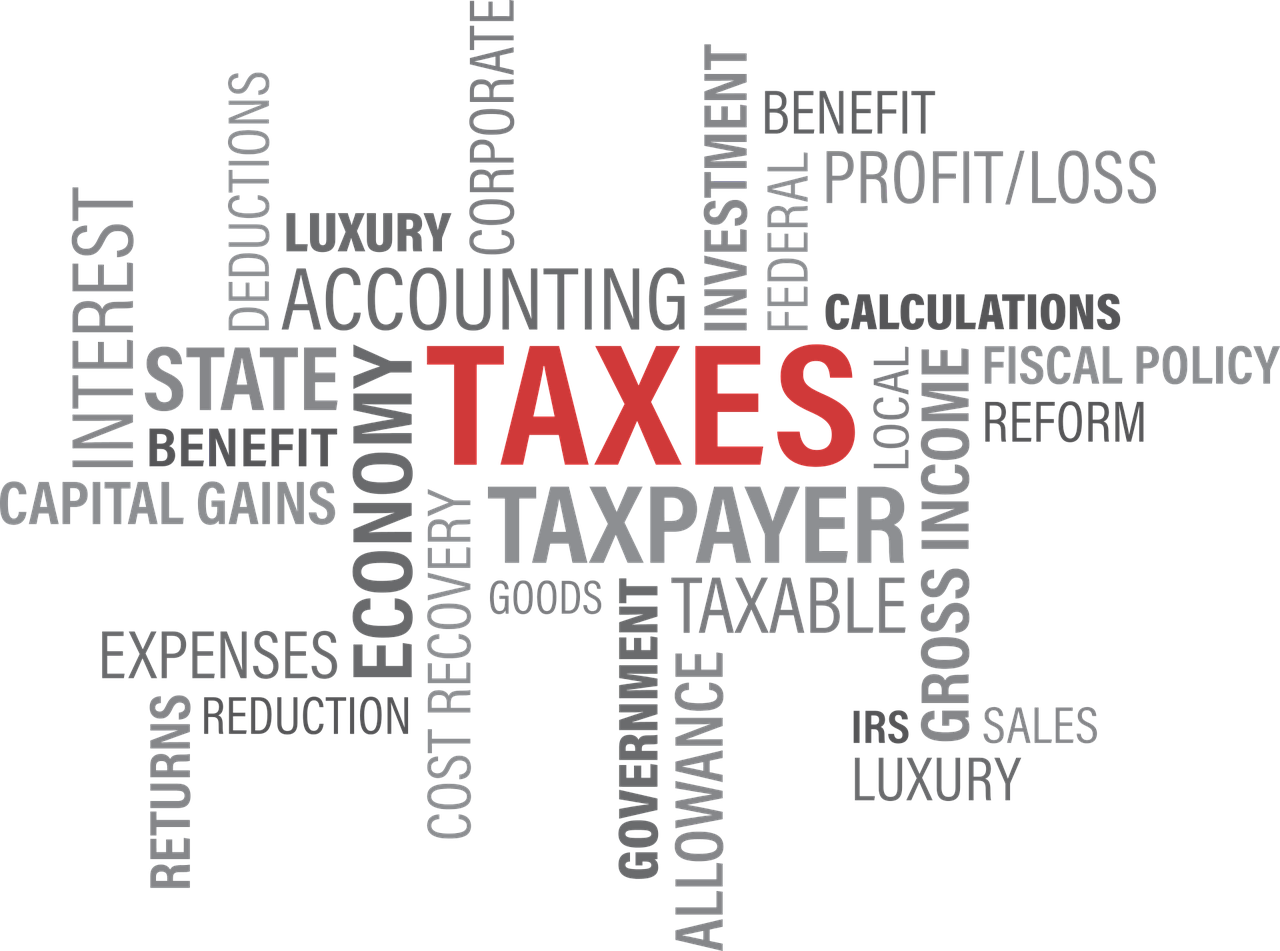Why the House’s Proposed Tax Plan Could Set Off the Next Real Estate Recession in Florida
Thu Nov 16, 2017 by Oppenheim Law on Florida Law News & Florida Real Estate
What Impact Will the House Tax Plan Have on Florida?
The new administration’s tax proposal may lead to serious repercussions in the Florida real estate market as the proposed tax bill would reduce or eliminate nearly all of the tax incentives of homeownership. As a result, if carried out, the plan will likely open the doors to a new recession, resulting from rises in foreclosures and lower housing prices. States with the highest costs of living would be the most severely affected by such regulations. Potential home buyers and refinancers in California, New York, and Florida would have an exceptionally difficult time entering the housing market as a result.
The housing market seems to be headed down a very familiar road once more. Home builders, real estate agents, developers, and lenders already seem to be rallying against the new tax plan due to the fear that the bill will worsen business and deter potential homeowners from buying and refinancing their homes. The National Association of Realtors and the National Association of Home Builders have already come out in opposition to the bill, and shares of home builders and residential real-estate brokerages have already taken a hit since the announcement.
Changes to the Existing Tax Structure
Although the House’s new plan retains an annual property tax deduction, the cap is set at only $10,000, which will have an extremely negative impact on the high-end real estate market, since there is currently no cap. In addition, the new tax plan divides the mortgage interest deduction in half by reducing the current tax structure’s million-dollar interest deductible on new loans down to $500,000. As such, residents in more expensive cities will be directly impacted without the deduction on the interest rates on mortgages over $500,000. Under the plan, the deduction does not even apply to second home mortgages, which is bound to impact Florida, known as many snowbirds’ primary destination getaway.
The plan also changes the current capital gains exemption on exclusions of up to $250,000, and $500,000 for married taxpayers, on taxable income from the sale of their primary residence. Under the proposed plan, the exclusion would only be valid on a sale every five years, as opposed to every two. Moreover, homeowners attempting to apply for the exemption would be burdened with having to live in their primary residence for five out of the last eight years, instead of the current two of the last five years. The exemption also phases out for higher income filers by a reduction of a dollar for every dollar that exceeds the couple’s $500,000 income, or a single person’s $250,000 income.
Consequently, the proposed bill provides reduced incentives to enter into homeownership or to refinance an already-existing mortgage which, in turn, may cause the next housing crisis. However, a silver lining is still present for those who wish to have a home in Florida; Florida’s homestead exemption and lack of state income taxes still remain in place.



Leave a Reply